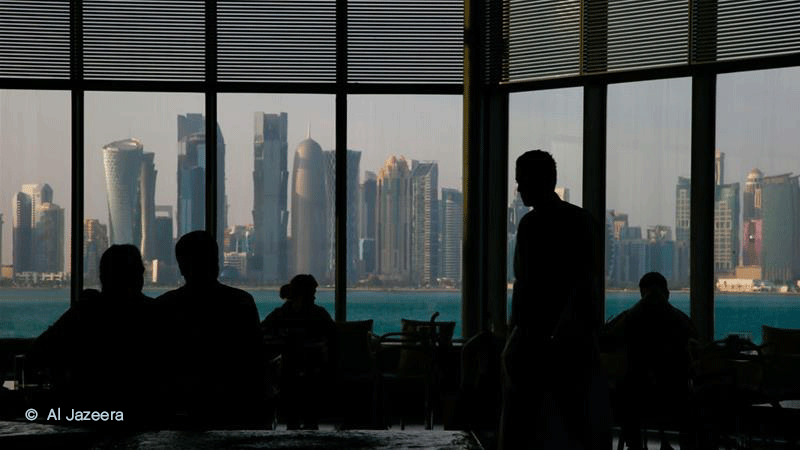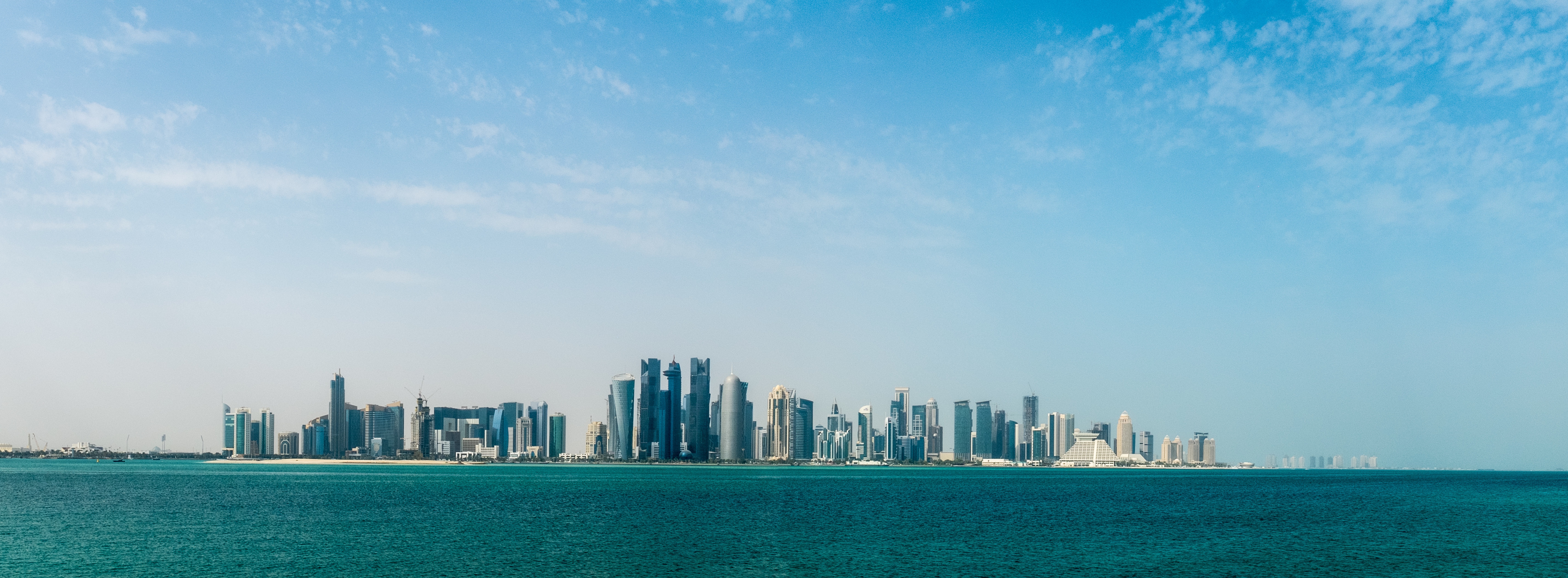The isolation of Qatar by its neighbours in the Gulf is the latest episode in years of instability in the Middle East and has prompted claims that young people need to take a more active role in building peace in the region.
Saudi Arabia, Bahrain, the United Arab Emirates and Egypt have severed economic and diplomatic ties with Qatar, which is accused of sponsoring extremist groups which are destabilising the region.
One Young World Ambassadors from across the region have spoken of the implications of the ban and the need for young people to do what they can to build unity and understanding across national borders.

In Qatar itself there is a sense of confusion. Despite the international media coverage, the blockade has so far had little effect on daily life, one Qatari One Young Ambassador says, requesting anonymity. “We're all just waiting to see what happens. It's a confusing time but we haven't really felt the impact. The only impact we've felt is not being able to travel as easily.”
But many One Young World Ambassadors in the region believe the latest crisis is an indication that young people must do more to help bring peace and stability to the region.
“I firmly believe that youth should take the initiative and start campaigning to promote peace between nations, we have a lot of common and less disagreement than our leaders so if we don't act fast, sooner or later war comes with its bloody language. Let's call for #Arabs-Iranian-Youth for peace,” says Iranian Ambassador Mohammad Hossain Abbasi, who argues that there appears to be “no clean hands” among leaders in the region. “We all know that terrorism is the result of environmental changes, water shortage, lack of education, job and of course inequality. In this nightmare situation, leaders are only using terror to condemn each other to get their short term goal instead of fighting the roots.”
The Gulf region is diverse and many families are of mixed nationality, as one Bahrain-based One Young World Ambassador explains, in a response written with a Qatari friend. “There are far too many cases to mention of mixed families being forced apart, businesses disrupted, and lives uprooted due to a matter that did not concern them directly,” she says. “Our values, families, lives, and livelihoods are all deeply intertwined, and we are all weakened when the Gulf is not united. We can only hope that dialogue will prevail towards a resolution, and that it will serve to bring the citizens of these nations even closer in the future."

Another Bahrain-based Ambassador says there is huge “sympathy” among Bahrainis for the plight of ordinary Qatari citizens as they are subjected to the blanket blockade. “This decision is separating families, parents from kids, employees from their jobs and students from their universities. The severing of the bond between the Gulf countries feels sudden and acts like another type of the highly-outrageous “Muslim ban” that [US President Donald] Trump had. No matter the cause for the actual severing of the bond, this is just another example of governments going against the will of their people. As a community, we wish that this can end as soon as possible."
Saudi Arabia-based Ambassador Abdullah Al Muneef is supportive of the ban and points the finger of blame at Qatar’s leadership. “The Qatar government needs to change its behaviour and stop supporting terrorists. Qatar hosts various terrorist and sectarian groups aimed at destabilizing the kingdom and the region. We need to see a safe world and the Middle East can’t afford such wrong behavior from a rich country like Qatar,” he says. “We had enough with the terrorist, who threating our life, safety and giving the wrong image about Muslims and Islam.”
Ziad A Al-Eryani, a Yemeni refugee now living in the United States, voices fear that the blockade will distract attention from the suffering of people in Yemen’s ongoing civil war. “Yemenis don't have the luxury to be consumed by the Gulf's struggle for regional homogeneity. The bombs dropping over their heads, the sounds of their children's crying and their growling stomachs make a far louder noise. As the world and the media will shift its focus to Qatar, the sound of Yemenis suffering will continue to be ignored.”
An Egyptian Ambassador says that his experiences with One Young World have taught him that young people share similar values the world over and the Middle East is no different. “I've seen first-hand that our generation has much to offer the world. In fact, the world needs what we're offering. We share so much in common, that it’s difficult to not peacefully coexist,” he says. “Unification would not only solve our challenges and strengthen the region, but would benefit the rest of the world and ultimately humanity.”



